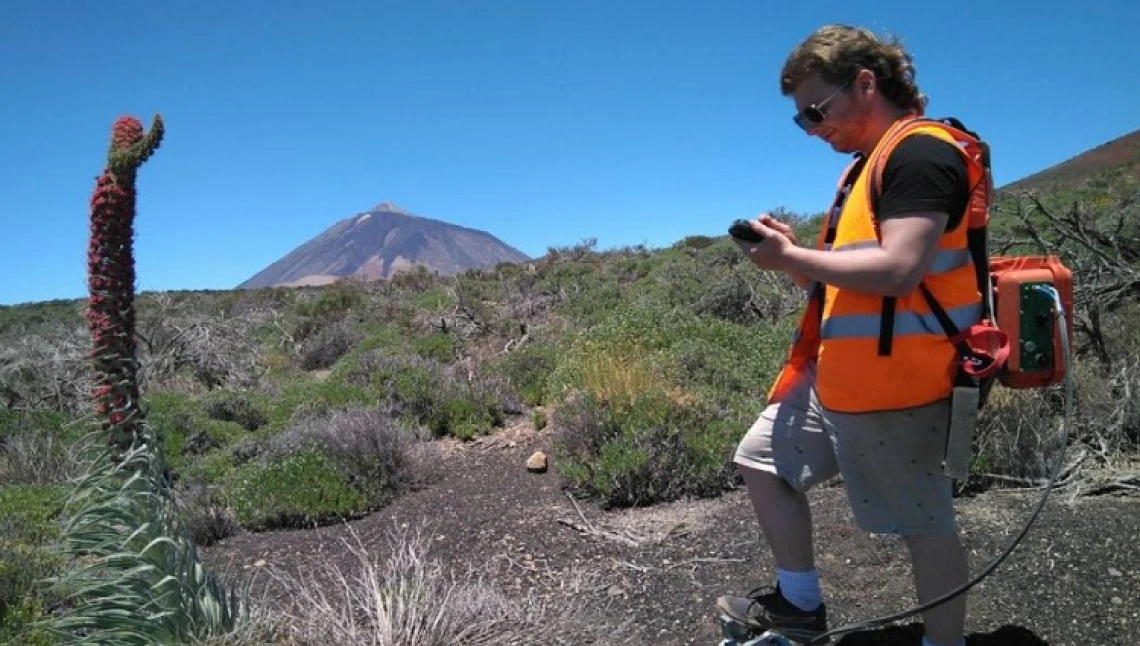Student Work Ranges from Zoos to Space in 2021

SIE students kept busy in 2021 with research that ranged from helping local zoo animals to studying samples from outer space.
SIE doctoral students Jannatul Bushra and Md Habibor Rahman won first place in the American National Standards Institute student paper competition for their paper, “How Standards Can Facilitate the Global Fight Against Pandemics and Improve Preparedness.” The students' paper focused on the use of additive manufacturing to produce critical medical products, such as nasal swabs and face masks, in a pandemic scenario.
An Interdisciplinary Capstone team led by SIE senior Zane Craddock developed a method to test the thermal conductivity of asteroid samples without altering them. This process may prove instrumental in testing samples returned from the OSIRIS-REx mission. The device consists of two aluminum hemispheres. The temperature of the top hemisphere tells the team how thermally conductive the asteroid sample is.
SIE grad student Mitchell Kirshner spent spring 2021 interning remotely at NASA Langley Research Center, helping collate data from multiple space missions. But instead of a library of files, documents or images, the system Kirshner helped develop will be in VR, allowing scientists to interact with the data in a 3D space.
Industrial engineering student Khaled Albaloul helped develop an application to speed the diagnosis and targeted treatment of secondary infections, such as pneumonia, for COVID-19 patients on ventilators.
SIE student Abolhassan Mohammadi Fathabd and his teammates received funding from Tech Launch Arizona's Student Innovation Challenge. The group is working to develop household systems for rural and Indigenous communities that simultaneously produce renewable energy and purify water.
For their capstone project, systems engineering seniors Jianna Auditore and Sarah Labat worked on a team that created an animal enrichment device for the Reid Park Zoo. The device is a motion-controlled sensor that activates when a zoo animal is near, turning on devices such as fans or misters. The team took home the $5,000 Raytheon Award for Best Overall Design at Craig M. Berge Design Day 2021.
